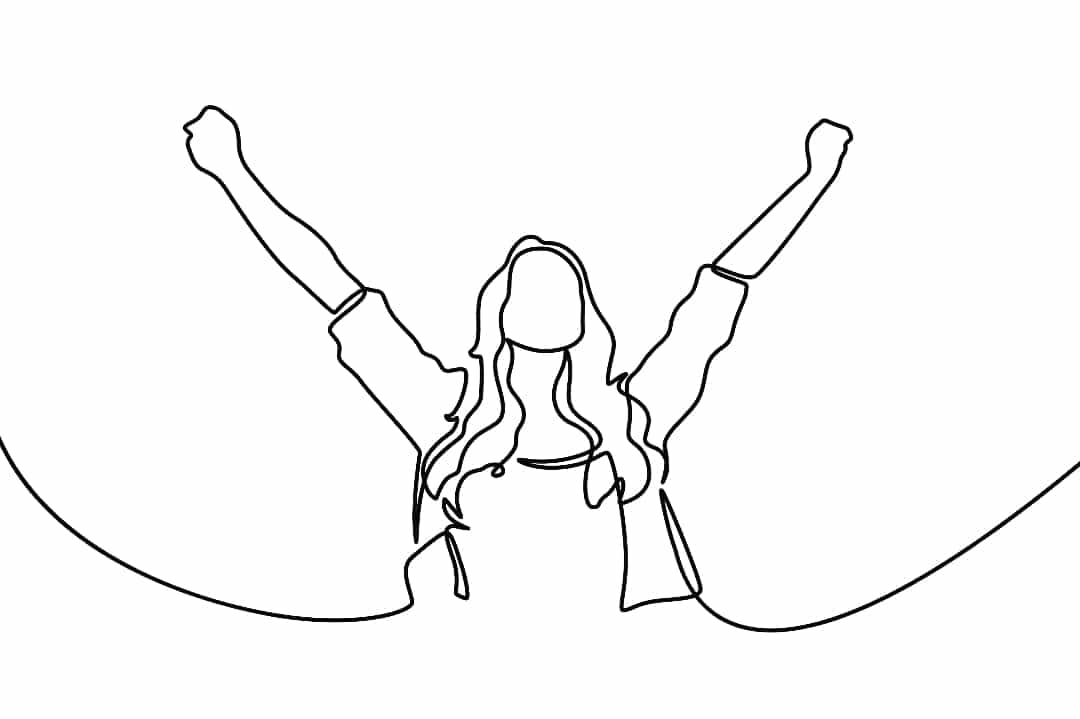Psychotherapy is crucial for helping individuals with mental health disorders. Since there is no effective one-size-fits-all approach for mental health treatment, different therapeutic modalities are necessary. For example, cognitive behavioral therapy is likely the most popular method for working with people who seek therapy.
Dialectical behavior therapy (DBT) is another popular form of psychotherapy. It started as an alternative to CBT with an emphasis on mindfulness and emotion regulation for patients with borderline personality disorder. Since its introduction, DBT has been a staple treatment approach for mental health disorders of all kinds. What are the 6 main points of DBT?
What Are the 4 Modules of DBT?
Treatment in dialectical behavior therapy centers around four main skills: core mindfulness, distress tolerance, interpersonal effectiveness, and emotion regulation. Developing these skills is necessary for anyone trying to manage their mental health and build a functional life.
- Core mindfulness: Mindfulness is the basis of all DBT approaches. Learning to “live in the moment” makes for a more useful and fulfilling life.
- Distress tolerance: Developing the skills needed to tolerate distressing situations without acting out is an important part of the DBT process.
- Interpersonal effectiveness: Interpersonal skills can be challenging for people battling mental health disorders, so DBT seeks to bolster interpersonal effectiveness.
- Emotion regulation: Effective emotion regulation allows people to manage situations as they arise instead of lashing out during heightened emotional states.
What Are the 6 Main Points of DBT?
The structured approach to dialectical behavior therapy also includes a six-point set of focuses for effective treatment. What are the six main points of DBT?
- Acceptance and change: Resistance to change is the main cause of stress and turmoil for people who struggle with mental health disorders. Accepting circumstances as they are and making positive changes leads to more effective regulation and lasting relief.
- Behavioral: Problematic behaviors are another source of distress. Learning to replace risky or negative behaviors with healthy, constructive ones help bring about recovery.
- Cognitive: Cognitions (or thoughts) are difficult to control when you live with a mental health disorder. DBT helps individuals catch, check, and change their thoughts, so they aren’t in a constant fight with their minds.
- Skill sets: Developing new skills makes the recovery process easier and more effective. DBT equips people with the skills they need to manage their mental health and lead a productive, fulfilling life.
- Collaboration: Interpersonal skills are a necessary part of life but can be a struggle when living with a mental health disorder. Building collaboration skills and fostering an environment where they can grow is a helpful part of DBT.
- Support: Recovery doesn’t happen overnight, nor does it happen in a vacuum. An active, engaged support system is vital for anyone trying to overcome a mental health disorder, and DBT ensures every person has a support system in place.
DBT for Mental Health Treatment
If you’re struggling with your mental health and want to find a program that offers dialectical behavior therapy, Lifeskills South Florida can help. We specialize in working with individuals with mental health disorders and providing them with the clinical excellence needed to achieve sustained recovery. To learn more about our programs, call us at 954-953-1742 and speak with an admissions specialist today or connect with us through our contact form.




